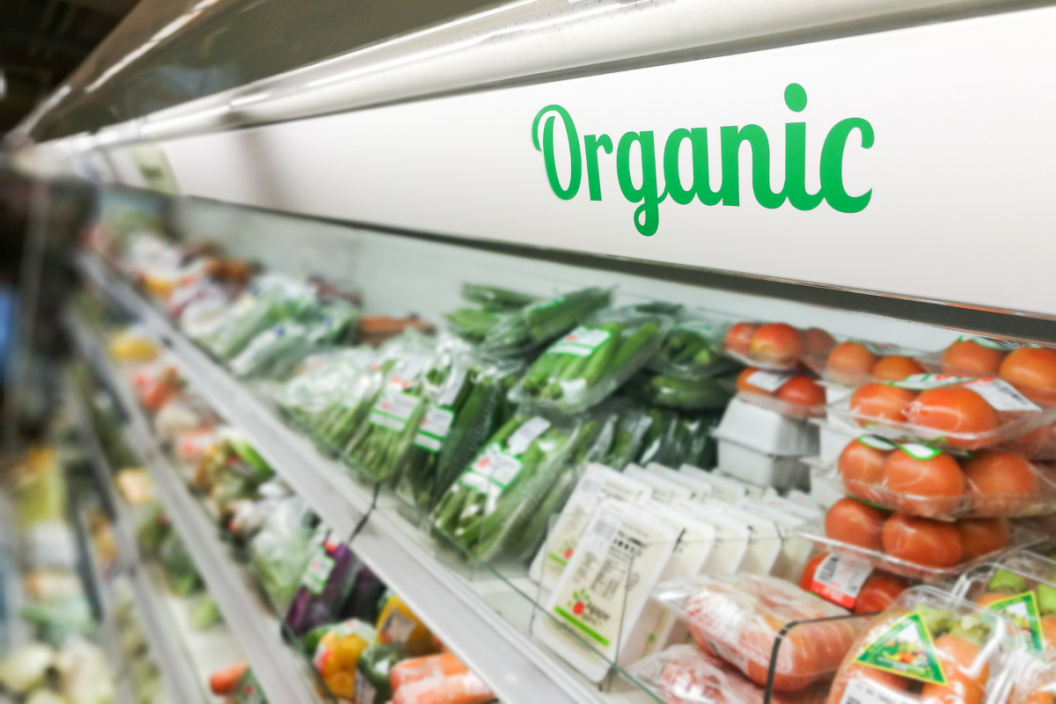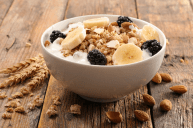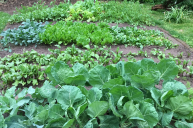Organic food is often viewed as the superior produce to buy, promoted for being the healthier, more sustainable option compared to conventional food. Organic products must be produced according to USDA organic standards, which are stricter than those that apply to foods grown with conventional farming. However, some experts are questioning how much better for the environment organic food actually is.
Videos by Wide Open Country
What is Meant By Organic Food?
Before looking into the environmental impact of this popular agricultural product, we need to define the word "organic." As explained by Amy Sapola, Director of Farmacy at The Chef's Garden,
"Organic is a labeling term that indicates that a food has been produced according to the USDA organic standards. It's often assumed that organic means that no chemicals are used in farming. However, that is not always the case. Organic foods may still contain "limited amounts of USDA-approved pesticides...that do not harm human or environmental health" and organic certification does not guarantee anything with regard to the healthfulness of the food other than that the food is non-GMO and that only USDA approved fertilizers, herbicides, and pesticides are used."
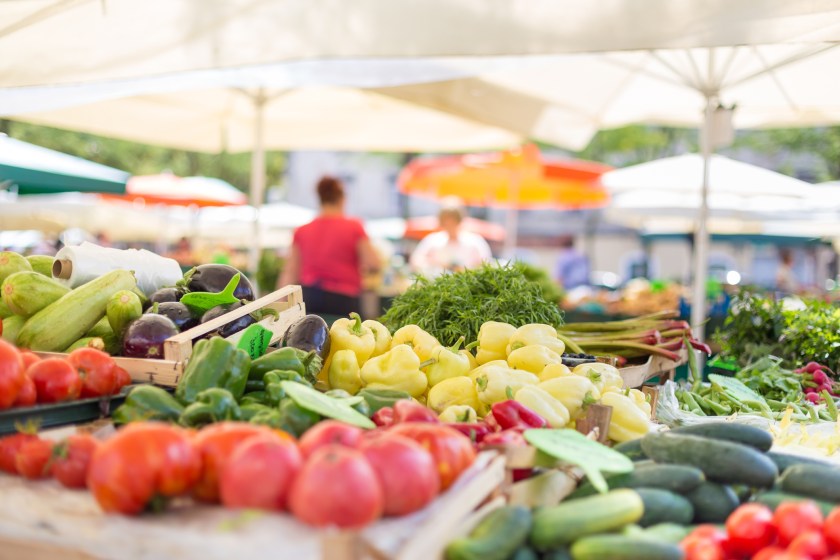
Getty Images/kasto80
Based on this definition, it's safe to say that organic food products contain fewer chemicals than other products, but this label doesn't guarantee that no chemicals are used or that the food produced from organic agriculture is necessarily healthier than other food.
For instance, as Sapola said, "The labeling term 'certified organic' does not tell you about the health of the soil that the plant is grown in. Soil that is rich in nutrients and alive with organisms (like fungi) has the greatest impact on growing a healthy nutrient-dense plant."
The health of the soil that plants are grown in is essential to health and sustainability, and the health benefits of crops grown in healthy soil range from higher amounts of vitamins and minerals to being more drought-tolerant, which is vital in fighting climate change.
Is Organic Food Better for the Environment?
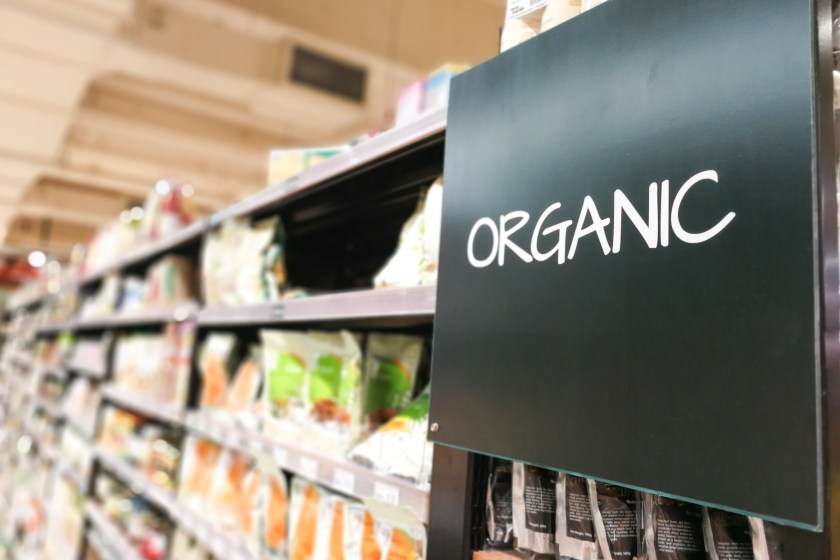
Getty Images/ThamKC
Sapola says, "organically grown plants are widely considered to have less of an environmental impact than conventionally grown, genetically modified, monoculture plants that are heavily sprayed and year after year are depleting the soil of nutrients."
Certified organic labeling tells the consumer that the farmer isn't using "synthetic fertilizers, synthetic pesticides, irradiation, genetic engineering, or in the case of raising animals they are not using antibiotics or growth hormones."
These are all important considerations to take into account when trying to be a responsible consumer at the grocery store or farmer's market, since pesticides and fertilizers can cause pollution, and using growth hormones goes against the ideals of many who advocate for animal rights.
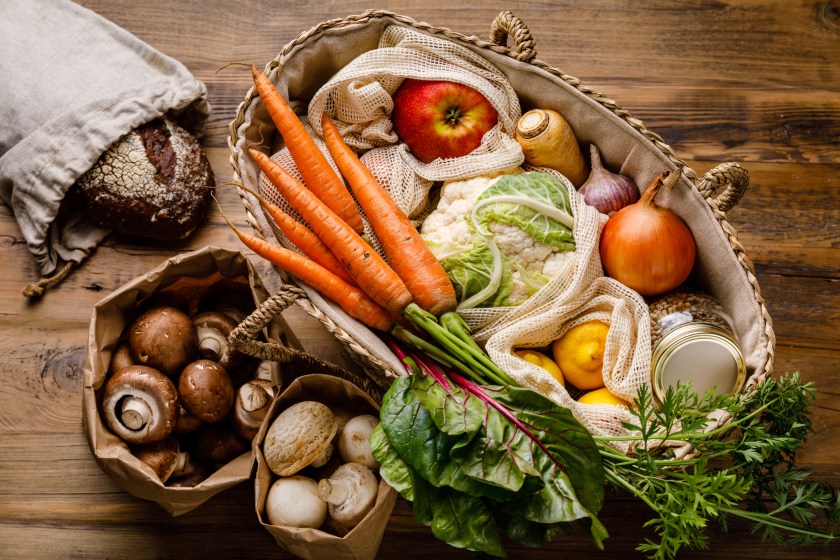
Getty Images/Lisovskaya
However, some scientists say that organic food is actually worse for the environment than non-organic food, one reason being that growing organic crops requires more land. Conventional farming techniques use synthetic fertilizers to increase crop yields. Although fertilizers and pesticides are bad for the environment, causing pollution, they also allow farmers to grow more crops in a plot of land than would be possible otherwise.
Organic farming doesn't use as many fertilizers and chemical pesticides to grow plants, but the trade-off is that it uses more land to grow the same amount of crops that non-organic farmers can with their land. As MIT Technology Review explains, because of this, organic meat and organic produce is only more sustainable for the environment if you ignore this fact.
We Need More Than Just The Organic Label
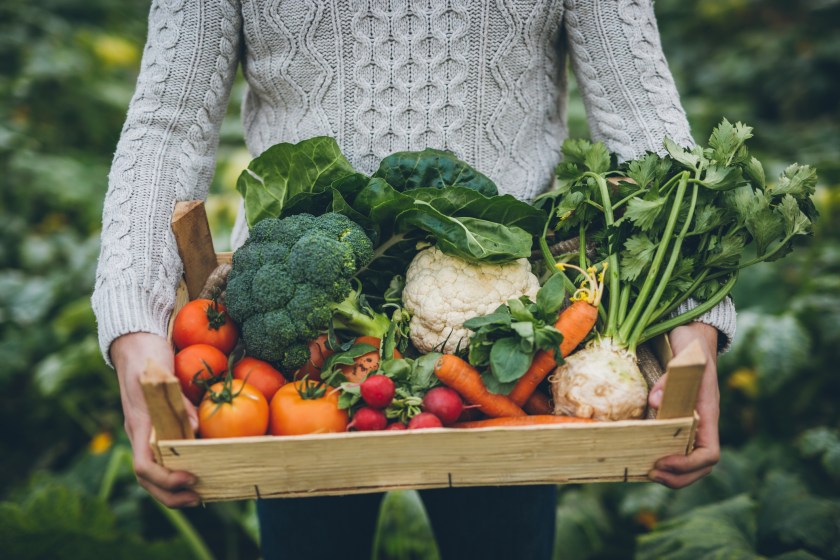
Getty Images/hobo_018
As Amy Sapola says, there are other factors to consider along with whether a food product is organic. Along with questioning the soil health of the plants and the amount of land used in organic ingredients, it's essential to consider how long it's been since the food was harvested.
Recently harvested foods have higher nutrient density of other foods, since the nutrient content decreases quickly after foods are harvested. Because of this, choosing the freshest foods possible is important in reducing food waste and providing the nutrients you need.
Although organic vegetables, fruits, meats and dairy products involve fewer pesticides and fertilizers and must meet USDA organic standards, the jury's out on whether organic food is actually better for the environment. Rather than focusing on just the organic label, it's important to take a broader look at all that goes into the food you eat.
Sapola says, "With more large corporations entering the organic farming space it is most important to get to know your farmer, to support family farms, and to understand and encourage sustainable and regenerative farming practices that focus on improving the health of the soil, plants, and people."
